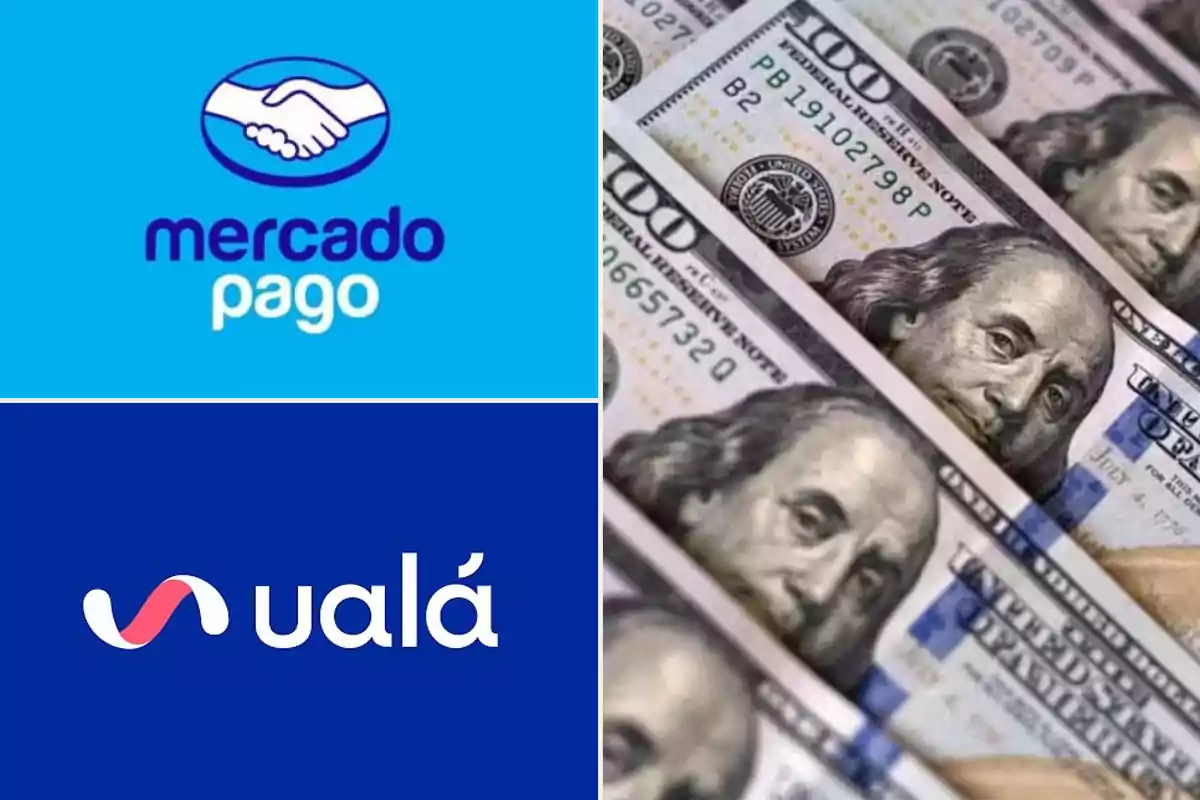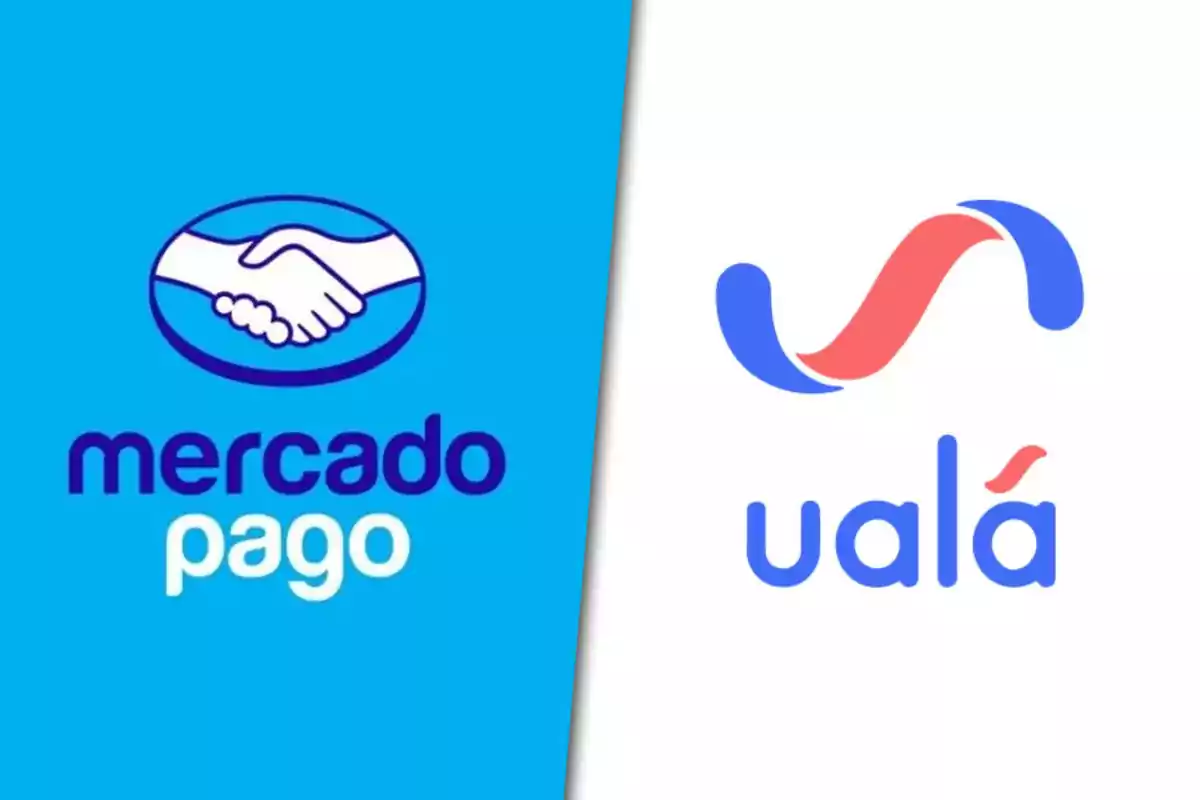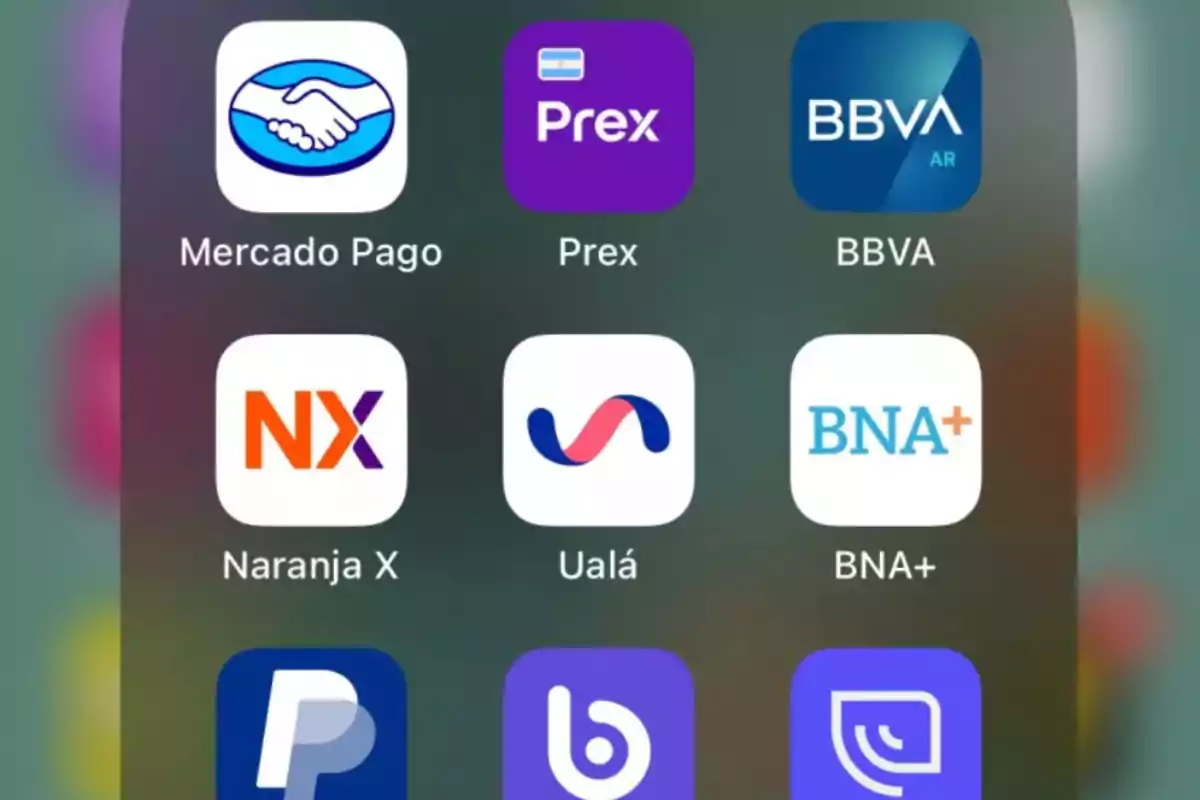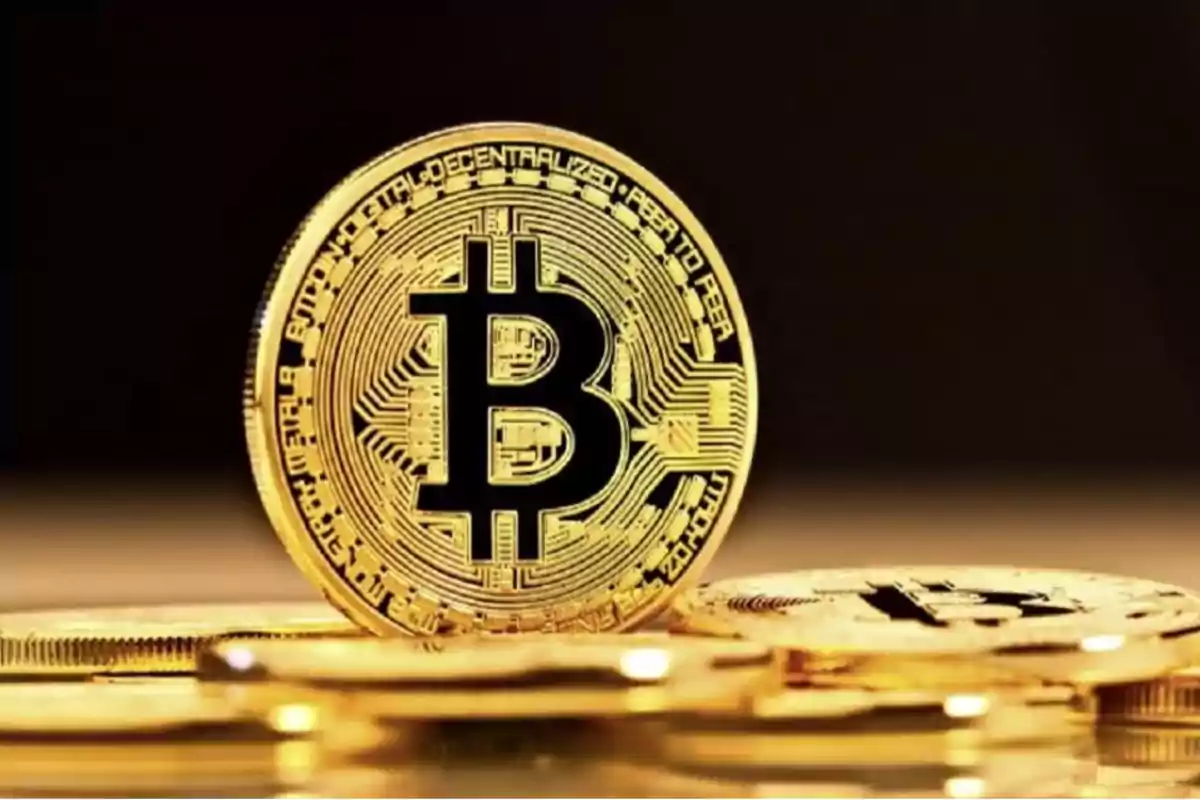
End of the restriction: how it impacts virtual wallets like Mercado Pago and Ualá
The fintech sector celebrates the end of the restrictions and prepares to add crypto, new services, and banking expansion
The lifting of the dollar restrictions excites the fintech sector. The measure, which begins this Monday, enables key changes in virtual wallets like Mercado Pago, Ualá, and other financial apps.
For months, the Central Bank conditioned certain authorizations on the normalization of the exchange market. Now, the expectation is that the approval of new businesses will accelerate.

What changes are coming to digital wallets?
Optimism is strongly felt in the digital financial ecosystem. Many, who were previously skeptical, now see a faster market opening as feasible.
One of the keys is the possibility of adding crypto services in banks and wallets. The BCRA had already indicated that this point would be unlocked with the end of the restrictions.
The fintechs awaiting approval
- Galicia and Brubank: were ready in 2022 with the startup Lirium, but the previous government blocked the progress.
- Ualá: set up its crypto operator in the United Kingdom, under the name Uanex.
- Reba: had an agreement with Ripio as backend.

Now, with the new scenario, providers are reactivating. Companies like Lirium, Emunah, and Manteca already offer B2B services. International exchanges like Bit2Me and Coinbase have also joined, along with local ones Ripio and Eluter.
What tax obstacles remain in place?
Despite the progress, there's another ongoing battle: cryptocurrency taxes. The business is taxed by four key levies:
1. On the commission of each transaction
- Income Tax: 35%
- VAT: 21%
2. On the total amount operated
- Check Tax: 1.2%
- Gross Income: between 2% and 4%, depending on the province
Some fintechs had achieved a reduction in the check tax (to 0.075%), but the AFIP rejected it. From the libertarian government, they assure that there's a decree ready to change that, but it lacks the presidential signature.

Will Mercado Pago add cryptocurrencies in Argentina?
In Brazil and Mexico, Mercado Pago already allows operations with Bitcoin, Ethereum, and Meli Dollar. In Argentina, Marcos Galperin himself assured that the only obstacle is legal: "In Peronia it's prohibited."
The local partner would be Ripio, which would also validate the nodes along with Mercado Libre. It's not an open network; it's managed internally by these companies.

Will there be new categories for fintechs?
Another expected change is a new regulatory classification. The aim is to differentiate between small and large fintechs to avoid systemic risks.
The idea is to implement a tiered scheme, like the Mercado Libre Levels. The greater the infrastructure and users, the greater the regulatory authorizations.
More posts: